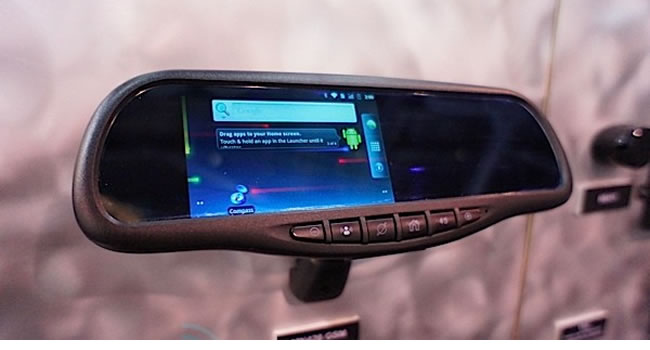Unlock up to 10,000 USDT with the best MEXC referral code, mexc-NFTP. Learn how to claim bonuses, reduce trading fees, and earn rewards for deposits and trades.
Rydeen is backing Android to win the in-car infotainment battle
 Almost a year ago, we asked “Will Android dominate the new in-car infotainment battleground?”. Walking around the North American International Auto Show (NAIAS) last year, it was clear that cars would be the new battleground for operating systems. Microsoft’s Windows Embedded Automotive was the choice of Ford, Kia, Fiat and Nissan, while General Motors were onboard with Research In Motion’s QNX.
Almost a year ago, we asked “Will Android dominate the new in-car infotainment battleground?”. Walking around the North American International Auto Show (NAIAS) last year, it was clear that cars would be the new battleground for operating systems. Microsoft’s Windows Embedded Automotive was the choice of Ford, Kia, Fiat and Nissan, while General Motors were onboard with Research In Motion’s QNX.
We saw our first glimpse of Android in cars with the Roewe 350’s Continental AutoLinq system, and a year later it seems Android is gaining momentum. At CES 2012 a company called Rydeen showed off a close to be completed double-DIN stereo head unit running Froyo. Slightly more progressive, Rydeen also demoed a rear-view mirror running Android. The company will most likely fork development of Android, as the stock experience doesn’t really make sense in the context of a rear-view mirror.
Why Android still makes sense
This could be ready by 2013, and it’s exciting to see companies pushing the nascent idea of Android in cars. Android’s open architecture is the perfect fit for these kinds of progressive and bold ideas.
Google sees the automotive industry as lucrative. Its experimentation with self-driving vehicles is a clear indication of that.
Android can help Google stake a claim in the automotive business by providing an open architecture that flatters the progressive ideas of companies such as Rydeen.
Android’s vast developer community ensures choice, and it’s easy to envision mods of in-car systems being a compelling thought for tinkerers and car modification aficionados.
Why Android doesn’t yet make sense — redux
In the article we wrote a year ago we argued that Android wasn’t ready for mainstream adoption in cars. Until Google put out a tablet specific version of Android in Honeycomb for example, it was struggling to break into a market dominated by Apple. A car specific OS might make sense for infotainment head units, but what about Rydeen’s progressive rear-view mirror? One could argue that Android’s open architecture is actually ready for prime-time in this context.
In an industry where safety is paramount, Android’s community based plug-in culture may be overlooked in exchange for control, which would lead to a closed app eco system, but Android is far too compelling to be pushed aside outright.
Image: Engadget
